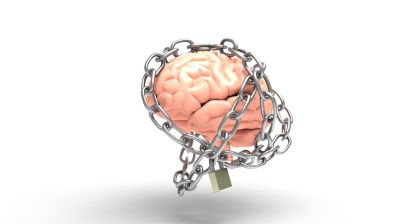As someone who has family suffering from various mental illnesses, I find it annoying to see mentally ill people being portrayed in rather unflattering ways in, not just horror movies, but movies and media in general.
To me, movies like “Split” set people up to believe that people with a certain mental illness are supposed to act a certain way. Unfortunately, the “certain way” we are shown to act is often as dangerous people that should be avoided or at least, watched carefully.
These portrayals of the mentally ill bolster the idea that those suffering are unpredictable menaces and a danger to society and because there are so few portrayals of what these illnesses are actually like, people believe them.

This tends to belittle those who see actors portraying their behaviors on the big screen.
The portrayal of mentally ill people as the main antagonists of these horror movies feeds into what Nigerian novelist, Chimamanda Ngozi Adichie calls, “a single story.”
In her 2009 TED Talk titled, The Danger of a Single Story, Adichie discusses how, a single story is, not just the most common story that we would hear about a specific group of people, but rather it is the only story that we hear.
A very recent and popular example of this would be M. Night Shyamalan’s psychological thriller, “Split.”
In the movie, the main antagonist is Kevin, a mentally ill man diagnosed with what is commonly referred to as Multiple Personality Disorder. Throughout this movie, Kevin struggles with all 23 of his personalities trying to gain control over the others, all the while, terrorizing his three kidnapped victims.
However, a 24th personality that is said to be able to dominate the others has yet to be unleashed. Upon its 2016 release, Split was met with criticism from mental health experts, feeling that it would further stigmatize mental illness and therefore, negatively impact those suffering from said illness

“What concerns me is how the film may inadvertently demonize people who are truly suffering,” Dr. Sheldon Itzkowitz, a psychologist and psychoanalyst based in New York, said.
Watching movies like this can send the wrong type of message to anyone that struggles with what goes on in their head.
Aichdie also pointed out that the problem with stereotypes is not that they are untrue, but that they are incomplete.
We must understand that, while most people with mental illnesses may have certain aspects of personality or symptoms that we share, they are not all the same and should not be shown that way.


